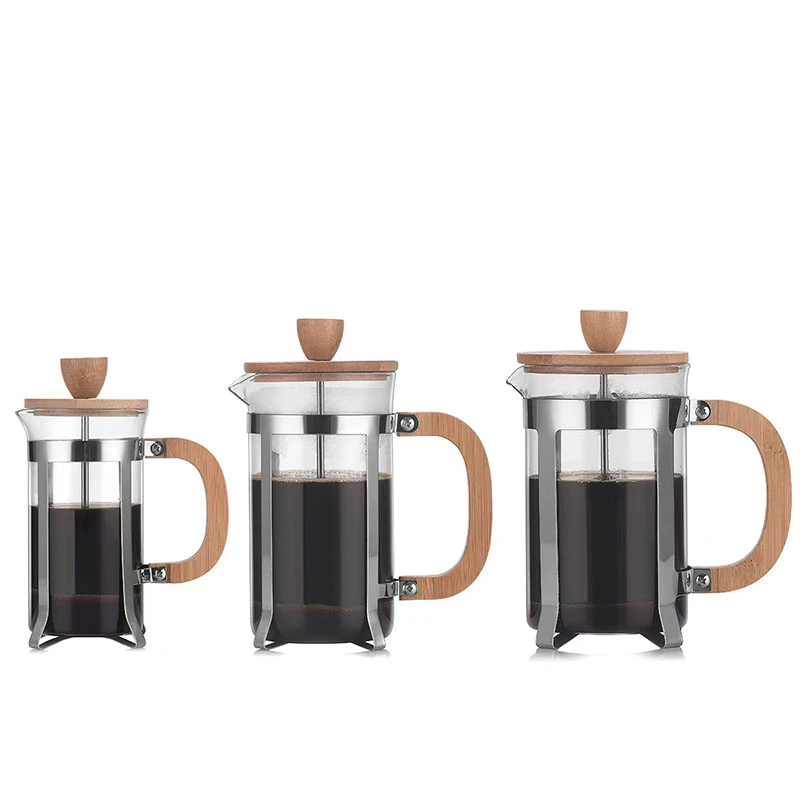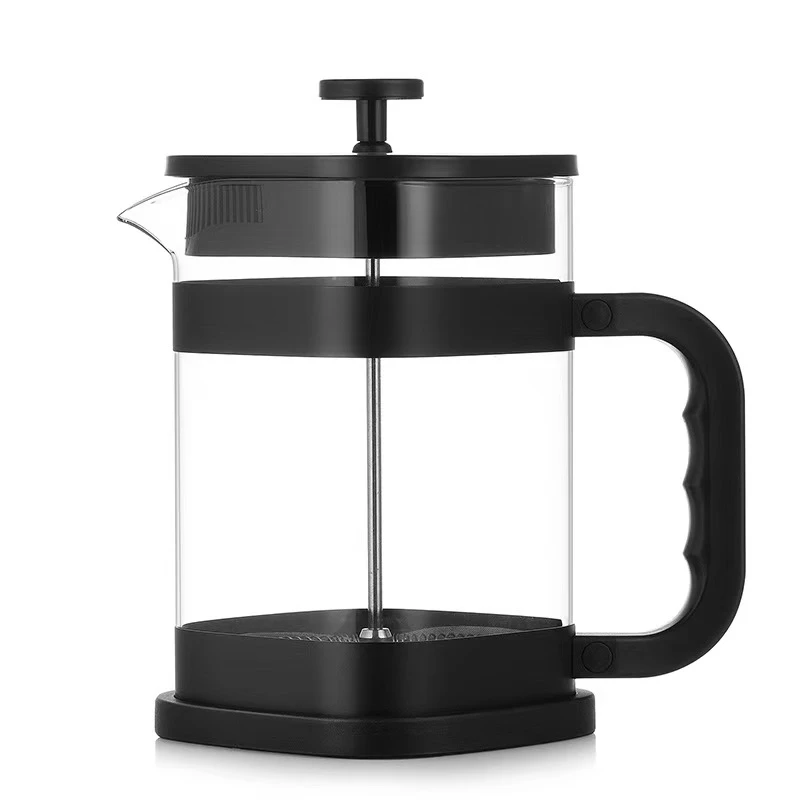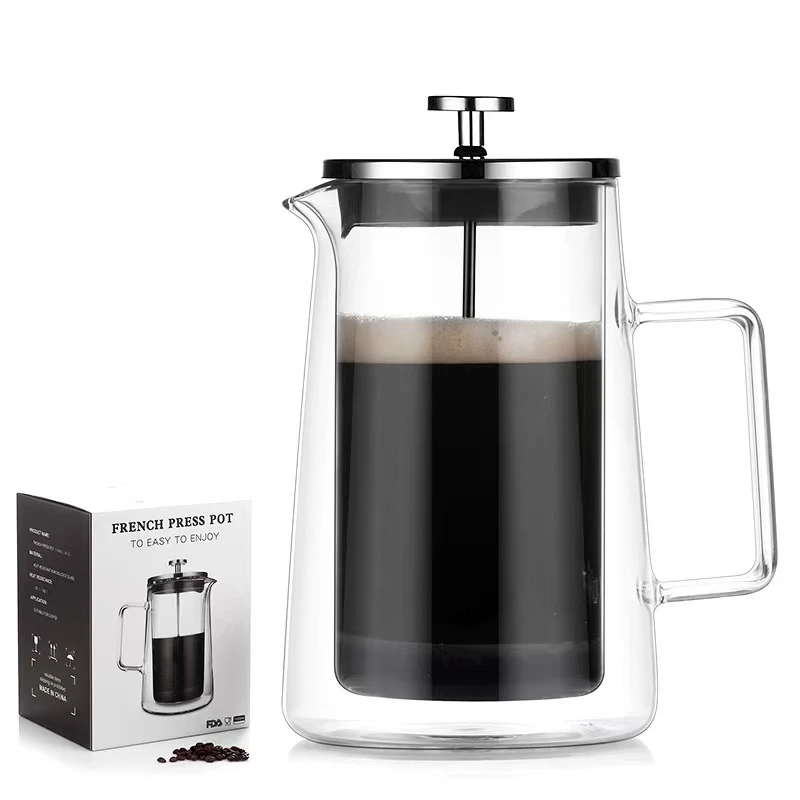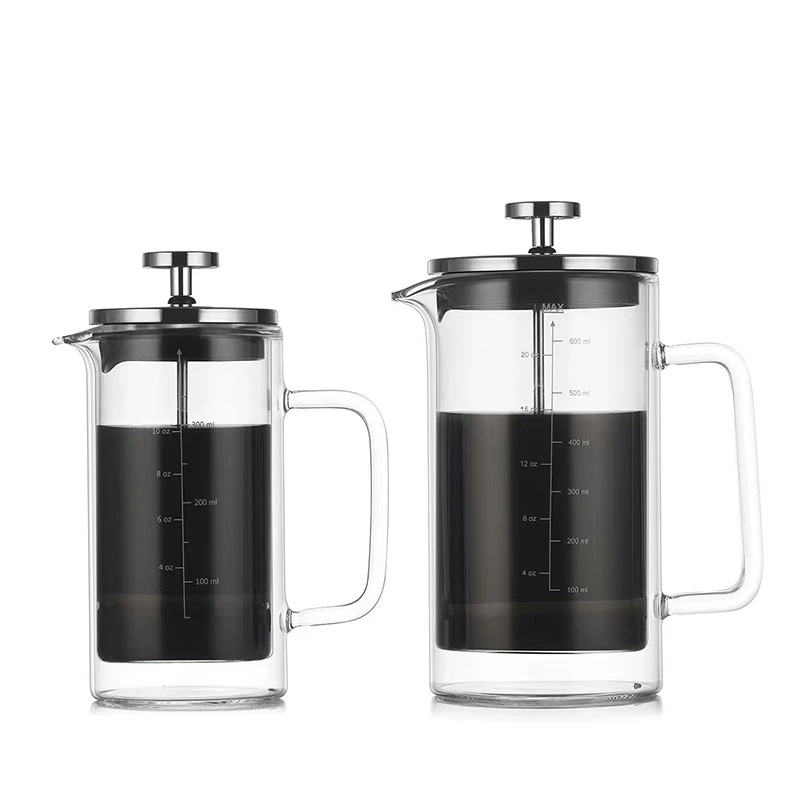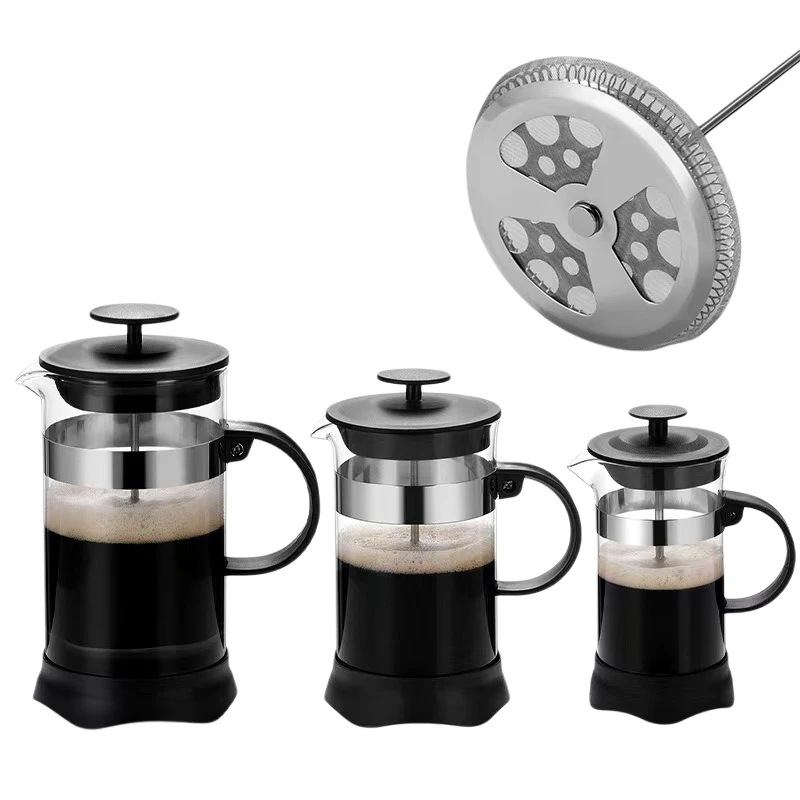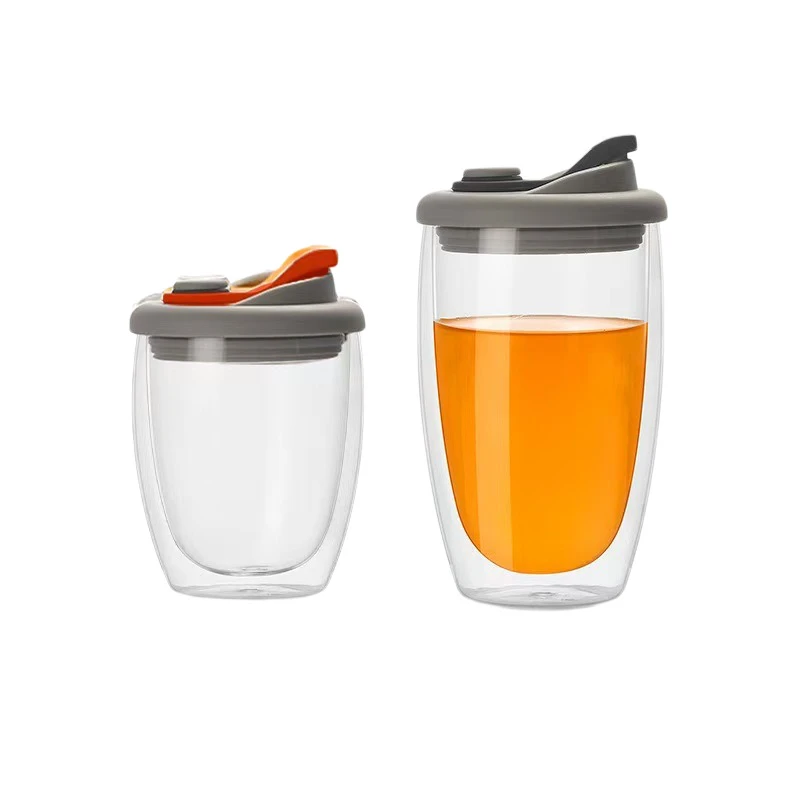 TEL: +86 311 67799298
TEL: +86 311 67799298 Email: tina@yintoglassware.com
Email: tina@yintoglassware.com
wooden glass jars
The Charm of Wooden and Glass Jars A Comprehensive Exploration
In an age of mass production and plastic proliferation, the resurgence of wooden and glass jars is more than just a passing trend; it signifies a collective shift towards sustainability, aesthetics, and the appreciation of craftsmanship. These two materials, inherently contrasting yet harmonious, offer an array of benefits that elevate them beyond mere storage containers. This article delves into the charms, uses, and the eco-friendly aspects of wooden and glass jars.
Aesthetic Appeal
Wooden jars exude a rustic charm that adds an organic touch to any setting. Their natural grains, variations in color, and unique textures create visual interest that can complement a multitude of decor styles, from farmhouse chic to modern minimalist. Similarly, glass jars bring a sleek, elegant sheen that reflects light beautifully, making them perfect for both practical use and decorative purposes. Whether displaying handmade preserves or as a standalone piece in a home, both materials contribute to an inviting and warm ambiance.
Functional Versatility
One of the standout features of wooden and glass jars is their versatility. Wooden jars can function as storage containers for kitchen staples like spices, nuts, or grains, while also becoming beneficial in organizing spaces throughout the home, be it in a bathroom for cotton balls and swabs or in an office to hold stationery. Glass jars, on the other hand, offer the advantage of visibility; their transparency allows for easy identification of contents, making them ideal for kitchen organization or crafting supplies.
Moreover, glass jars are often used in canning and preservation, notably in the home-making of jams, pickles, and sauces. Their non-porous nature ensures that no flavors or odors are absorbed, maintaining the integrity of the stored items. When it comes to wooden jars, while they may not suit long-term food storage due to potential absorption issues, they are perfect for items that don’t require moisture-proofing.
Eco-Friendly Choices
wooden glass jars

As environmental awareness burgeons, the demand for sustainable products has skyrocketed, placing wooden and glass jars in a favorable light. Glass is 100% recyclable and can be reused countless times without loss of quality. Choosing glass jars helps reduce reliance on single-use plastics, ultimately contributing to a more sustainable lifestyle.
Wooden jars also embody an eco-friendly ethos, especially if sourced from responsibly managed forests. Many manufacturers are committed to sustainable practices, ensuring that their products leave a minimal environmental footprint. These jars often undergo a natural finishing process, using non-toxic oils or waxes that are safe for both the user and the planet.
The Nurturing of Memories
Beyond their practical uses, wooden and glass jars can serve as vessels of nostalgia and creativity. Many have fond memories of grandmothers canning fruits and vegetables, with each jar representing a bounty of family traditions. Similarly, glass jars often become canvas for DIY projects—embellished with paints, ribbons, or even fairy lights, they can morph into stunning candle holders or personalized gifts.
The act of filling these jars—be it with homemade goodies or decorative elements—can be a therapeutic process that brings a sense of accomplishment and joy. They serve as a reminder of slow living, encouraging us to savor each moment and appreciate the craft involved in curating spaces that reflect who we are.
Conclusion
Wooden and glass jars are much more than mere containers; they are a blend of aesthetics, functionality, and sustainability. As we navigate through a world increasingly concerned with the health of our planet, opting for these timeless materials allows us to make conscious choices. Whether used in the kitchen, as part of home decor, or as part of a thoughtful gift, wooden and glass jars tell a story—one of tradition, creativity, and environmental care. In embracing these charming alternatives, we nurture not only our surroundings but also the planet we call home.
-
Benefits of Vacuum Containers with Pumps for Food PreservationNewsJun.12,2025
-
Glass Food Storage Container with Lid for Seal PreservationNewsJun.12,2025
-
Styling Amber Glass Plates for Modern TablescapesNewsJun.12,2025
-
Benefits of Double Wall Coffee Cups for Heat RetentionNewsJun.12,2025
-
Colored Glass Bowls in Cultural TraditionsNewsJun.12,2025
-
Durability of Colored Glass Dinnerware Compared to CeramicNewsJun.12,2025



